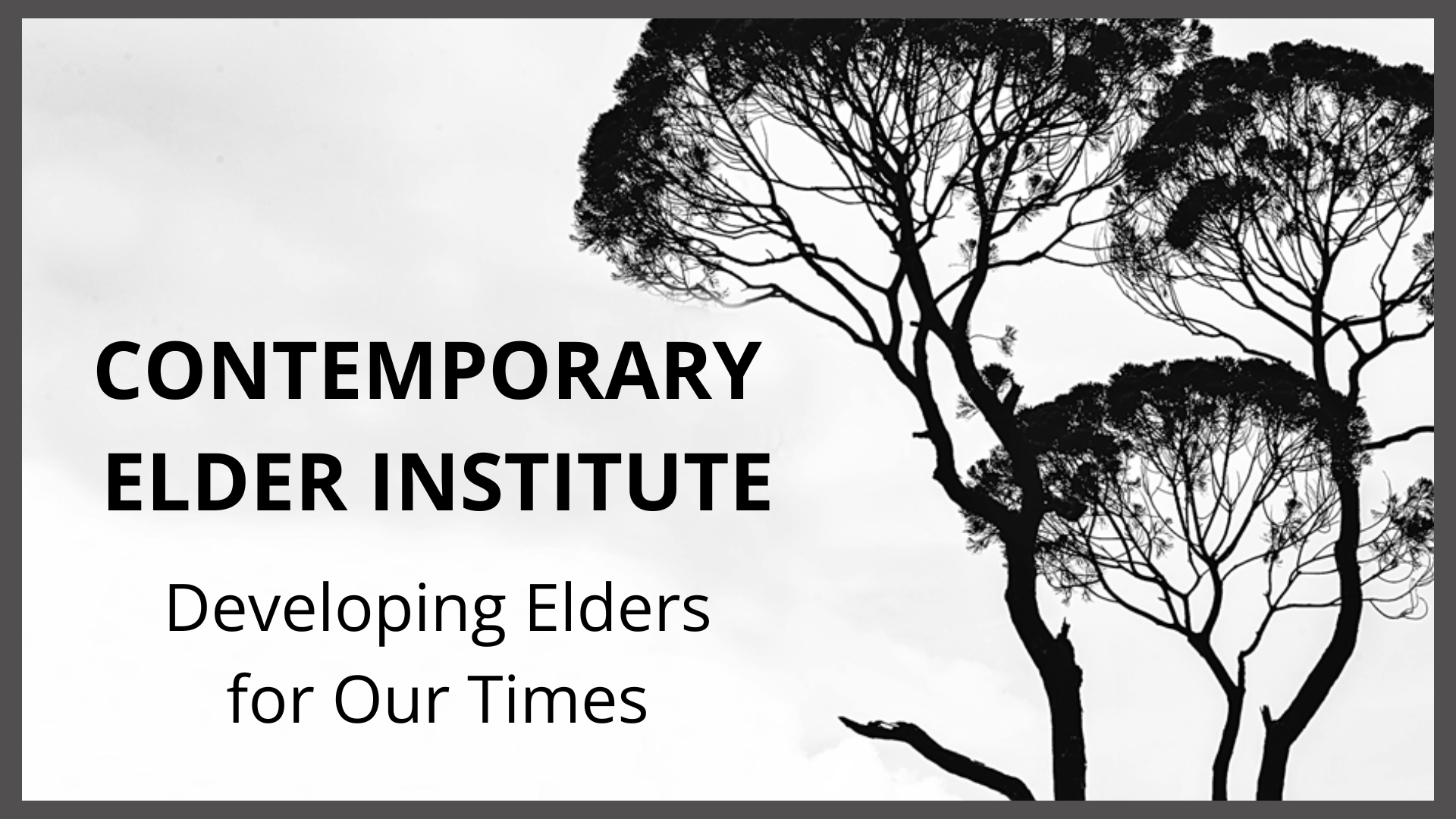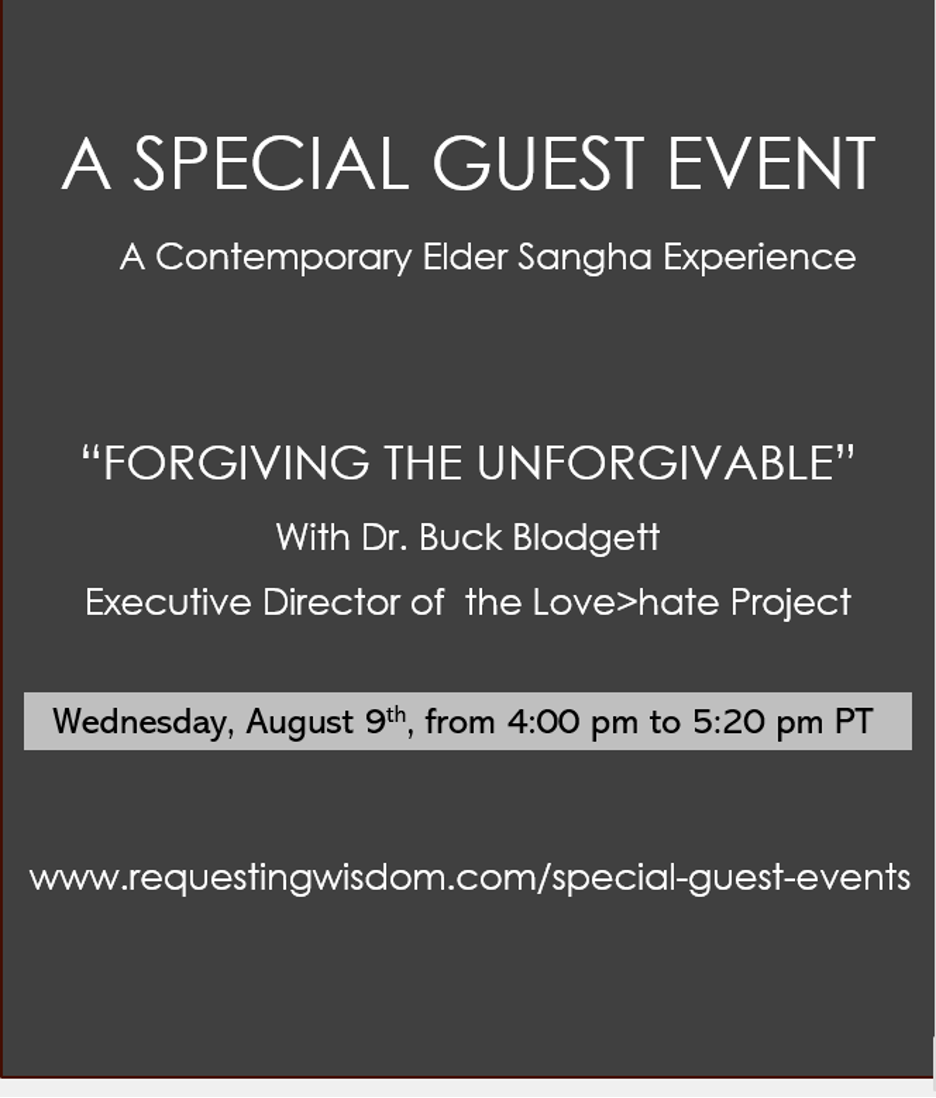An Elder's Success
An Elder's Success

A contemporary elder's context and success concepts differ from the Western culture's context and concepts.
Western culture's success focuses almost entirely on knowledge and technology. Traditional elder cultures focus on higher wisdom and spirituality—two separate tracks with very different destinations.
The values that drive success differ between these two. Success in Western culture is driven by individual achievement and personal gain. The values of elders are driven by contributions to the community and preserving and enhancing what it means to be human.
Values are superior-ordinate, shaping your being and behavior. They are deeply rooted core beliefs, principles, and ideals that oversee your actions, decisions, and attitudes.
You are an expression of your values in thinking and action. An elder's values have evolved from standard cultural, societal, and familial values owed to their life experiences and self-awareness.
Western cultural success focuses on short-term goals and immediate results. Success is commonly associated with achieving certain numbers or certain things within specific timeframes.
A businessman's or businesswoman's success is judged by meeting the one, three, and five-year strategic plans, crushing the KPIs, and consistently delivering measurable and time-anchored tangible results.
Personal success in the Western context is determined by everything you have physically acquired, your trips and travels, possessing the latest technology, and who you hang out with.
Success in this Western cultural context is constructed on ideals. Ultimately, an elder realizes an ideal is a failed future. Ideals aren't real. They are the ego's tool that causes the greatest suffering. Ideals always have you be "never good enough."
In the West, personal and professional goals are decided by comparing and contrasting yourself to others, whether in person, to images on magazine pages, or on a screen.
Compare and contrast your level of compensation, the type of car you drive, the house you live in, the art on the walls, and the social activities you attend are the trophies of this kind of success.
At some point in your aging, it becomes apparent that these success goals are transient. The finish line keeps on moving. The realization occurs that these goals have little impact on the quality of your life. And all these goals, these symbols of success, continually cry for more attention and energy – which you longer want to give.
It becomes apparent that all these goals have a limited shelf-life, And once the goals are taken off the shelf, another has always taken its place, usually bigger and better than the last. But now you realize these goals are ephemeral—no need to keep the fantasy going.
You have realized this culturally defined success reduces you to a performing object. It becomes apparent it does nothing to enhance the quality of your life, expand your consciousness, deepen your self-understanding, or open your spiritual channels. More, better, and different of the same thing doesn't give you entre to your most profound humanity.
As an elder, you understand that what matters isn't tangible, isn't based on unattainable ideals, and isn't realized by comparing and contrasting. These hold you back from discovering your true self and unique expression.
Furthermore, Western cultural success desires the immediate. Elders have a different time horizon. Elders have a long-term perspective emphasizing patience, long-term planning, and generational continuity.
For elders, success is measured by their impact on the entire community and future generational outcomes—the legacy judges success leave behind.
Accumulations of possessions, career advancement, and social and professional status were the steps of their success ladder. But now, close to the top, they realize the ladder is against the wrong building.
Elders move the ladder to another building and start climbing. Elders value spiritual wealth and hold wisdom, moral character, integrity, and gracefully navigating challenges are the highest achievement markers. Success is measured by cultivating inner qualities rather than external triumphs.
But operating from an elder's perspective of success is unwelcome in our culture. More is better; get it while you can and be held as successful in the eyes of others are potent undercurrents. But elders see the red flags about swimming at your own risk.
Given the chasm between these two cultural designations of success, it is easy to see why the elders' wisdom finds access difficult. Yet, it is also evident that operating from the current cultural distinctions of success is not life-giving but life-taking.
Contemporary elders in our Western nontraditional culture must be responsible for causing an opening for their wisdom to be heard. The question at the Contemporary Elder Institute with which we are constantly engaged is, who does an elder need to be in today's world for their wisdom to be heard?
Contemporary elders know that bringing wisdom more fully into the world, would change the world.

